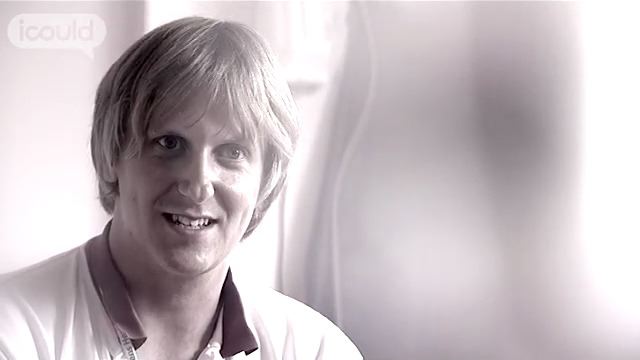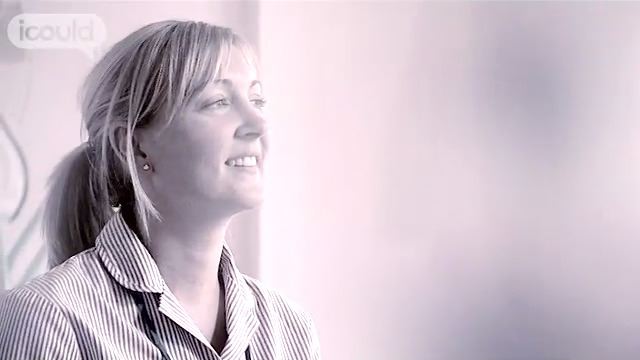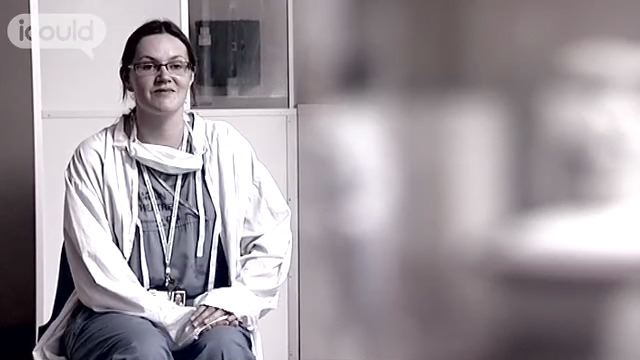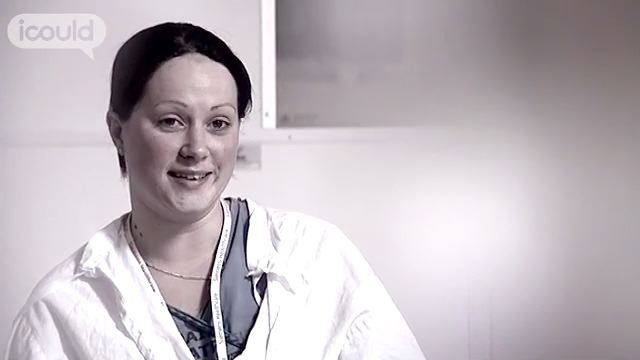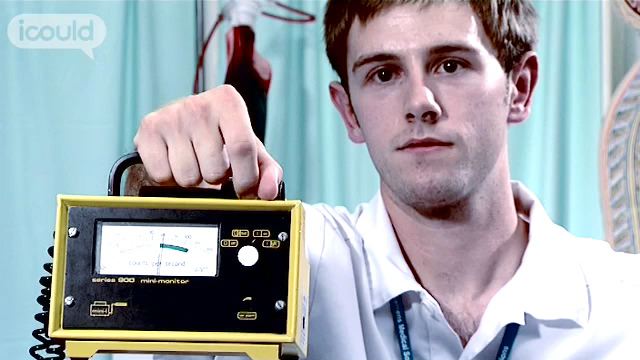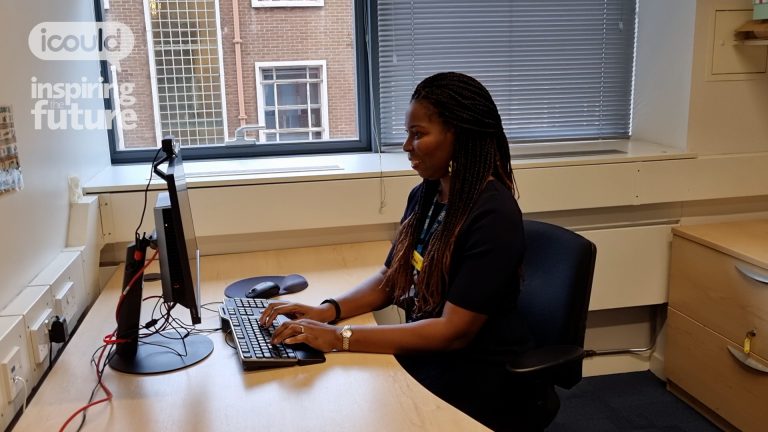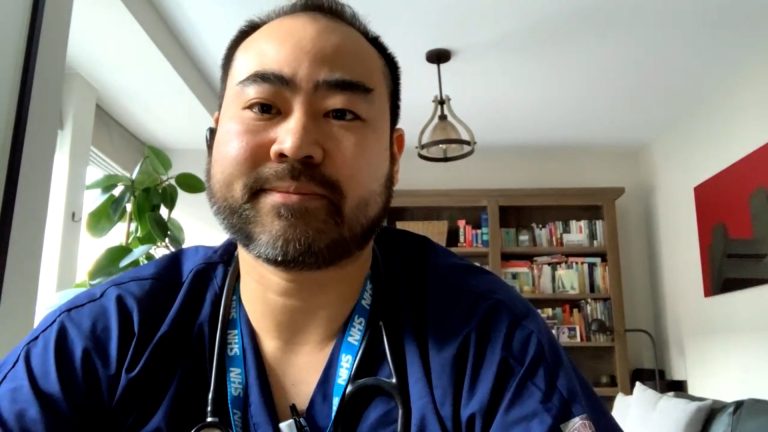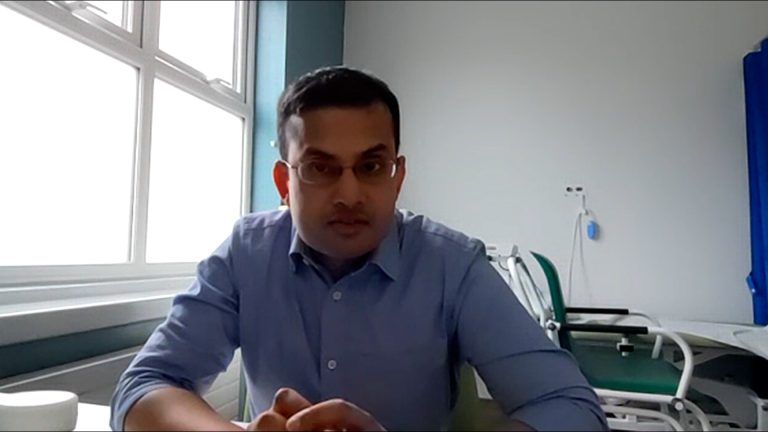Radiographer (diagnostic)
Addenbrookes Hospital
Kelly F
00:00:01 My name’s Kelly F, I’m a Diagnostic Radiographer. A Diagnostic Radiographer produces images, mainly X-Rays, for doctors to aid in diagnosis and treatment of patients.
00:00:14 When I was at school I always knew I wanted to pursue science subjects, it was something that I always really enjoyed and done quite well at. I was about fourteen when I knew I wanted to do something in the line of health care, and I discovered Radiography when I was about sixteen. I didn’t go into it straightaway, I had a few years of doing child care actually, I had my daughter when I was seventeen. So it fitted in – the hours fitted in with her. I was a nanny for triplets, I worked at a playgroup, supervisor at a playgroup, and I was a nursing assistant in the Hospital. But it provided lots of variety so I was able to sort of do a little bit of everything, and then was able to make an informed decision of what I really wanted to do. I think I wasn’t being challenged enough in what I was doing, wanted to challenge myself and push myself a bit further, and decided to research the courses that I could do.
00:01:11 And the Access course was one of the courses that came up. It said that you could get into Radiography and nursing, so I done that two evenings a week for two years. The most challenging part of going back to education was learning to be disciplined and learning to actually study when you need to study, and get things done and make time for yourself to do those things. Being away from education, it does make you lose confidence. It was nice to get back into it, and knowing that you were going to achieve something at the end of it that you wanted to do for so long. There were times when I didn’t think that I would make it through. Just having a bad day would sometimes make you doubt whether or not you could do it. It was very difficult, but it’s been worth it. It’s been very rewarding. The day I finished my Access course I was over the moon that I was able to actually start the Radiography course that I wanted to start for so long.
00:02:08 Every day is different in Radiography, completely different. You get different patients coming through the door every day. The most rewarding part of my job is knowing that I’ve helped the patient, producing the images for the doctors, enabling them to provide the best care for the patients. I thrive on learning new things, I like to be learning things all the time, and a career in Radiography is perfect for that because there’s so many progression routes. There’s ultrasound, MRI scanning, CT scanning, nuclear medicine, there’s all different areas that you can progress to if you chose to. I’d certainly like to specialise in an area and become a senior member of staff in a certain area, although I’ve got a few more years to decide where yet.
00:02:48 Obviously having my daughter so young meant that I had to wait and do things a bit later, but it never held me back. It just made me realise that I needed to do something to support myself and my daughter, and to be a role model to her as well. My daughter has really inspired me to do well, knowing that I can give her a better life is what got me through. I think – I hope my daughter’s proud of me, I think she is. (LAUGHS)
00:03:13 ENDS
Kelly F became a radiographer after having her daughter. She spent time as a nursery nurse and did an access course in order to study for her chosen career. She says “My daughter has really inspired me to do well, knowing that I can give her a better life is what got me through”
